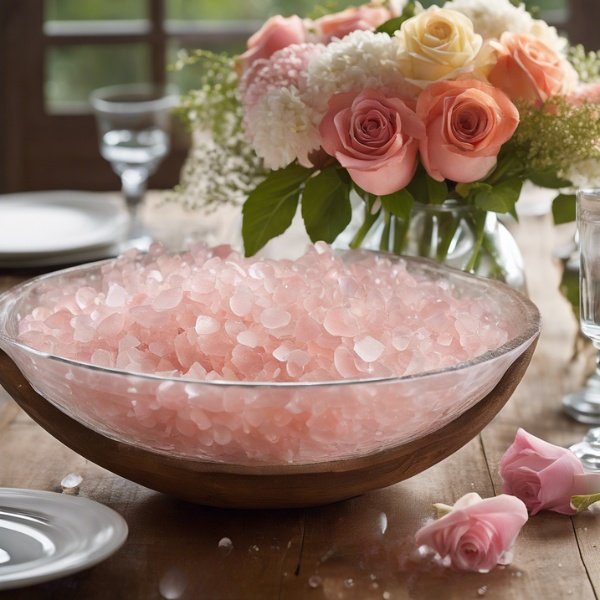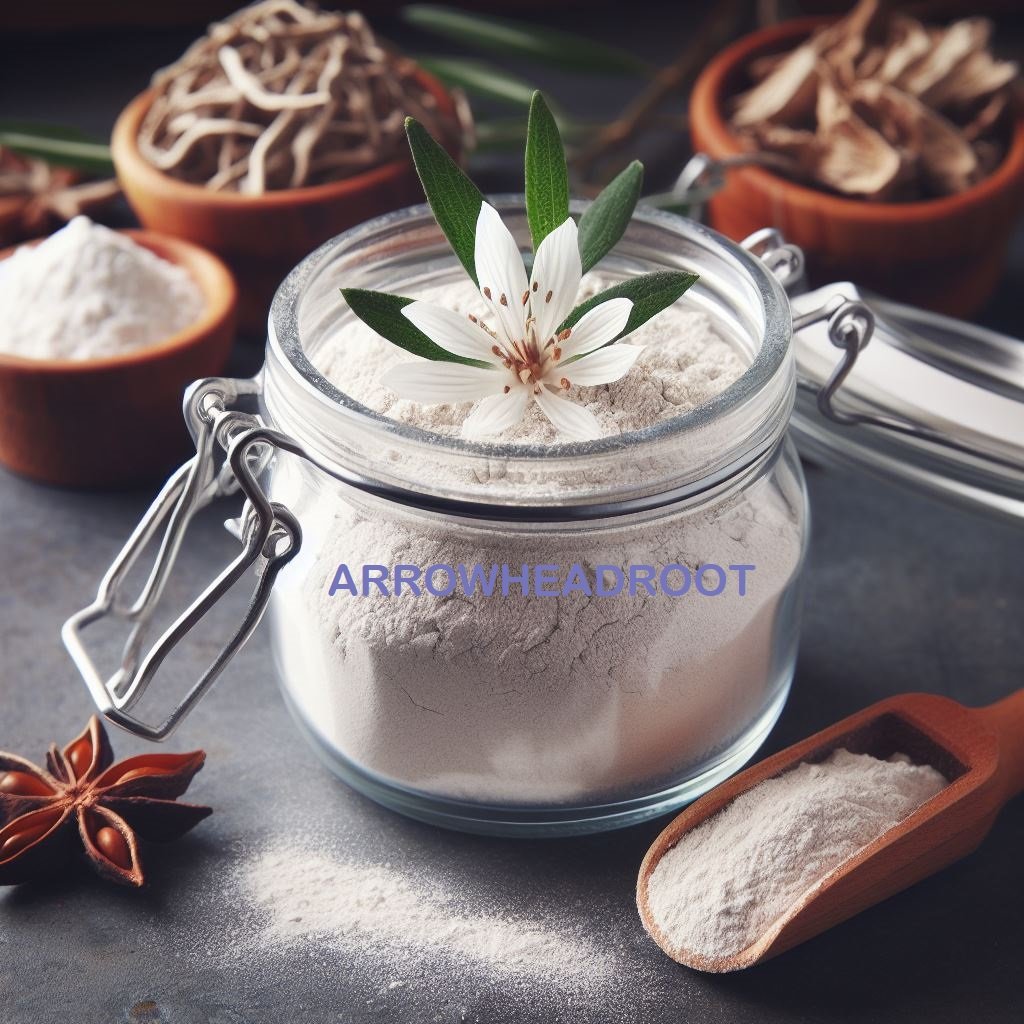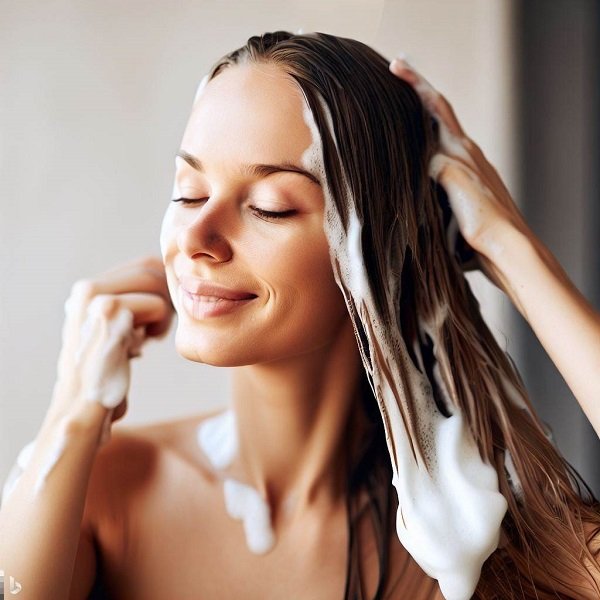
The Many Benefits of Himalayan Salt for Scalp, Hair, and Skin

3 Advantages of Arrowroot Powder for Healthy Beauty

Shampoo Facts - Cons & Pros
Shampoo Facts - Cons & Pros

Shift to Simple Proven Hair Methods
Healthier Hair Care

20 Top Essential Oils
Essential Oil Benefits




